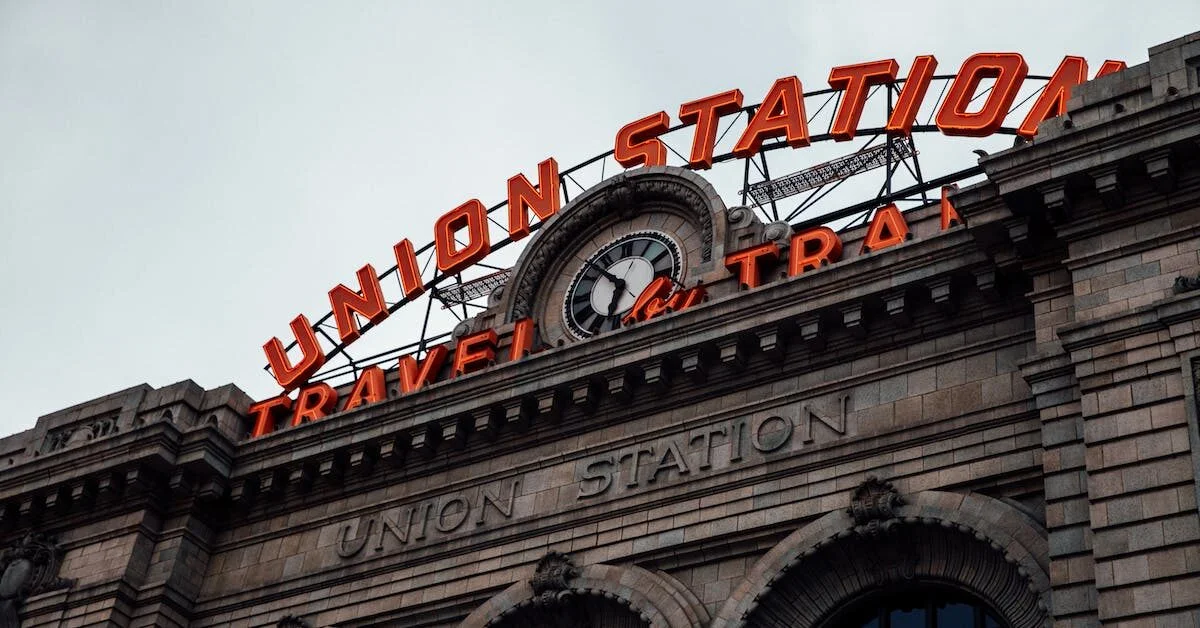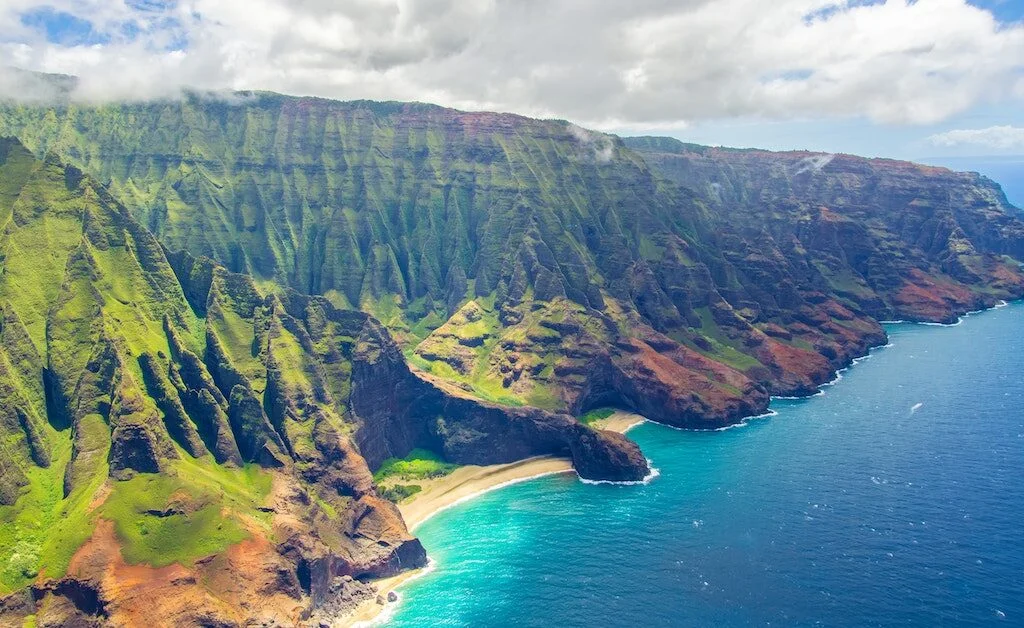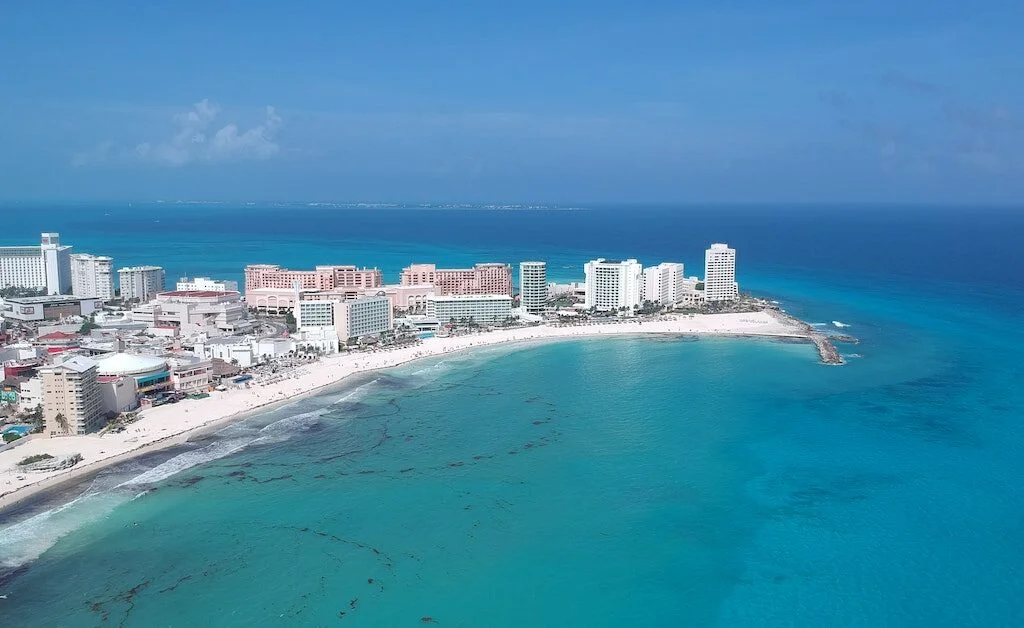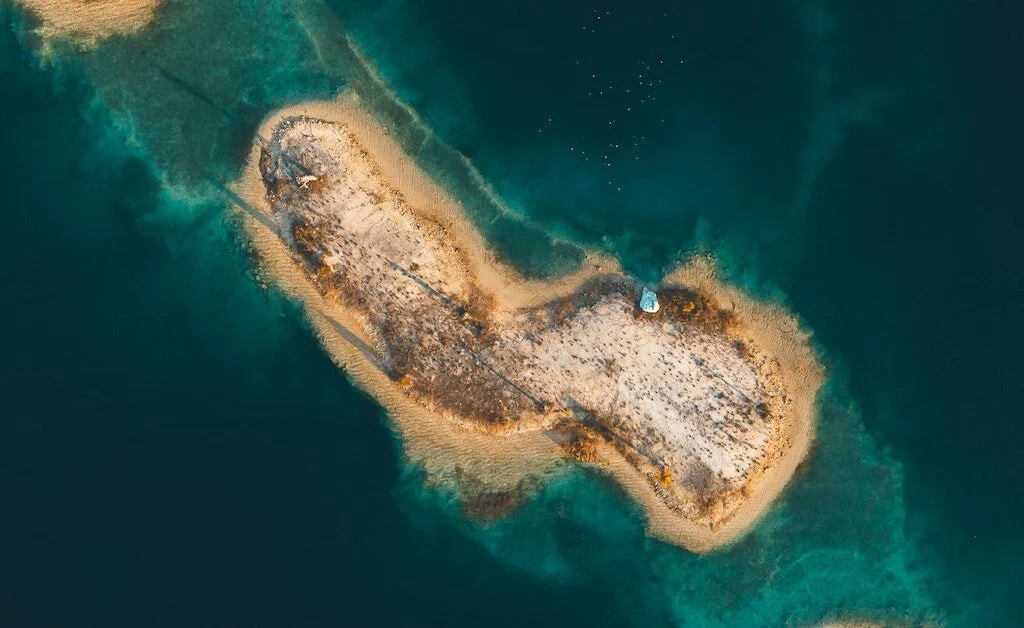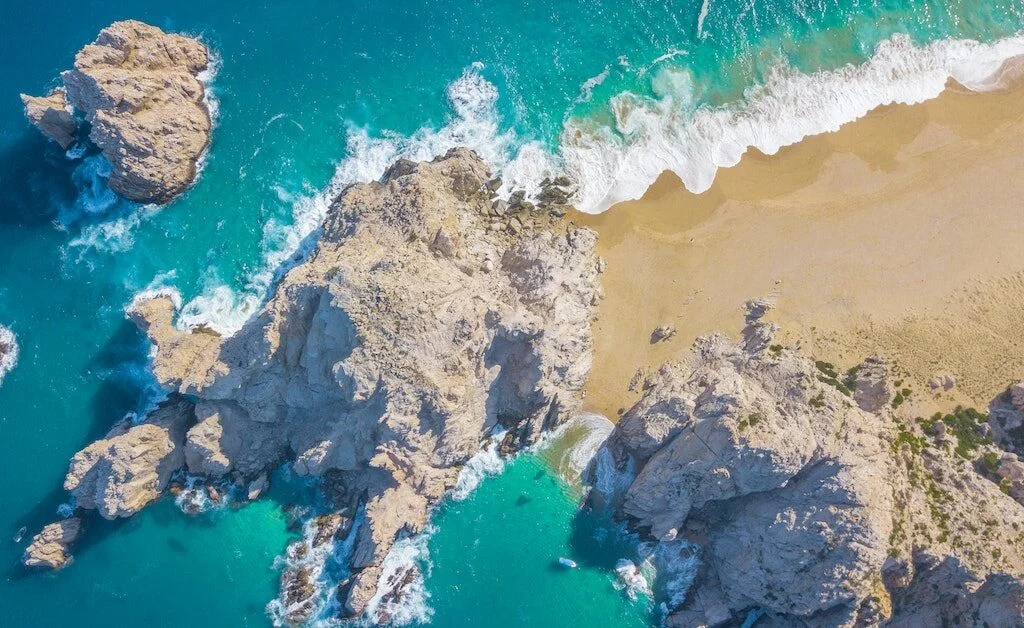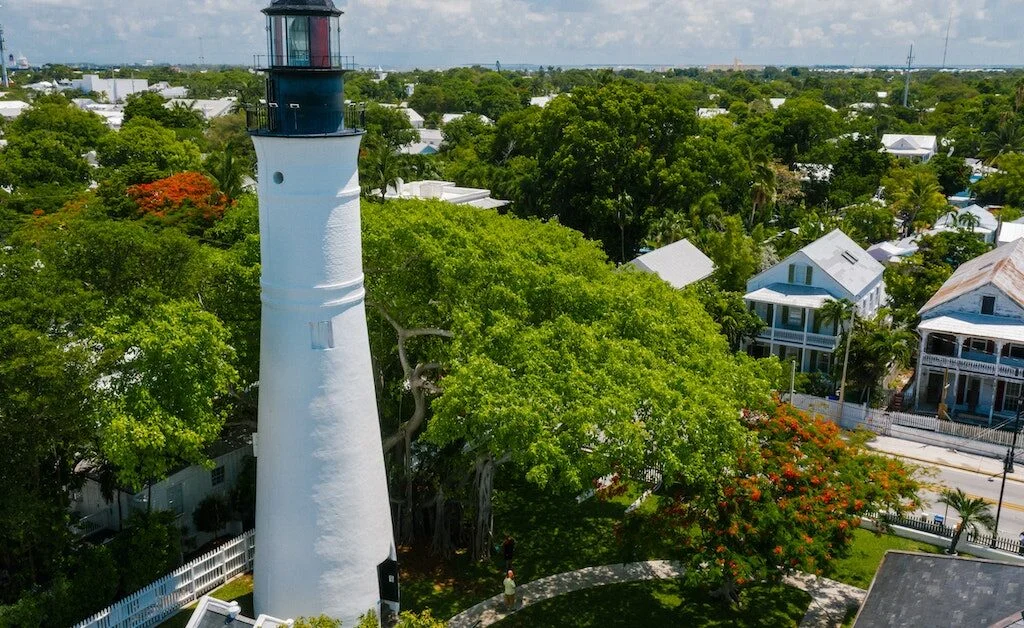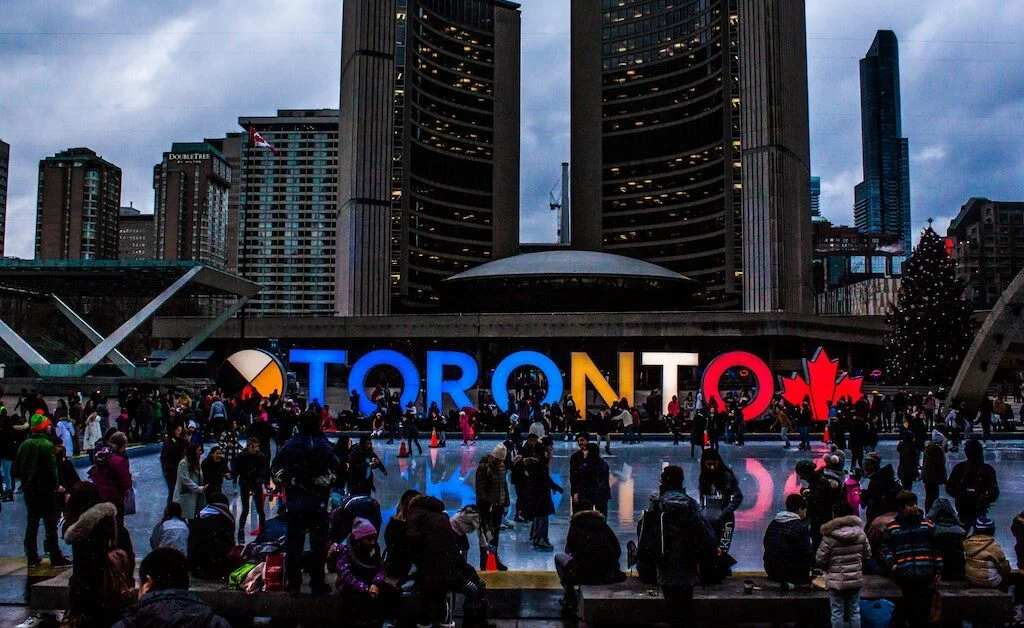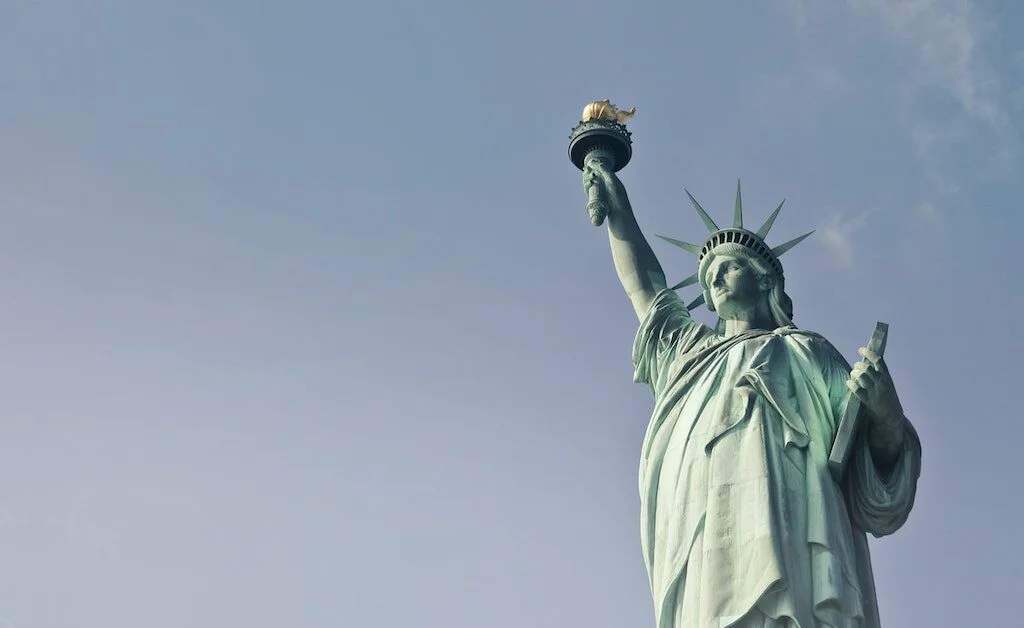Denver’s allure as a travel destination is a tapestry woven with diverse attractions and a unique blend of urban sophistication and natural beauty. Timing becomes the brushstroke that paints the ideal picture of this vibrant city. This article aims to guide travelers in selecting the best time to visit Denver, recognizing the significance of seasonal nuances in shaping visitors’ experiences.
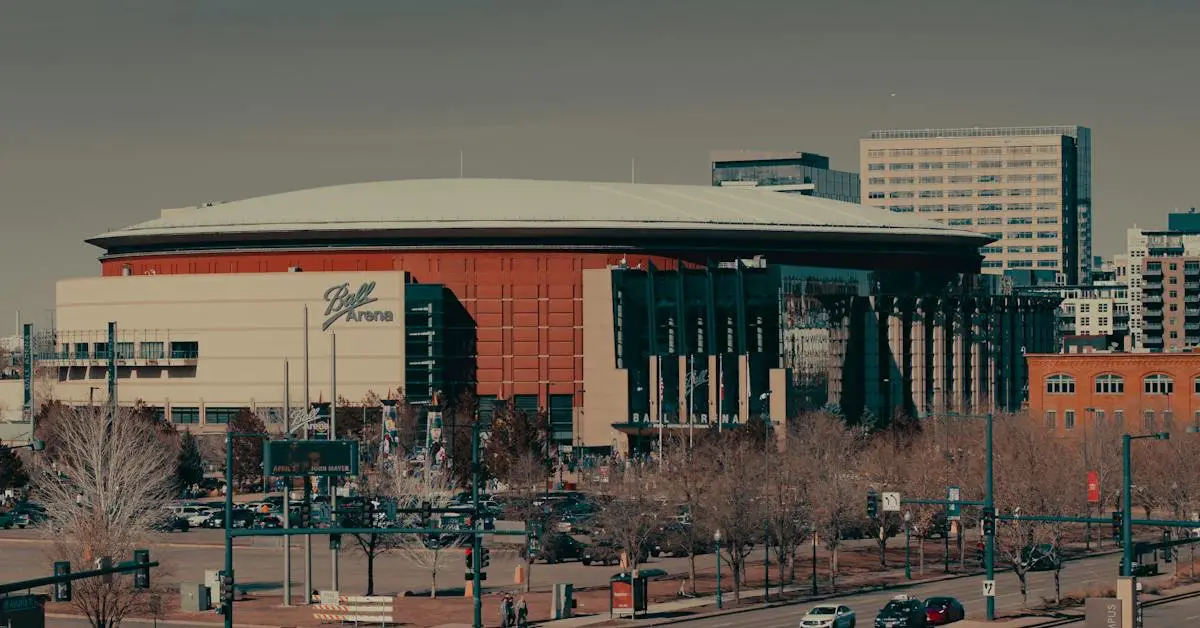
Setting the Scene
Denver’s Unique Charm
Denver’s charm lies in its multifaceted character. It’s a city that effortlessly merges modernity with the allure of the outdoors. The dynamic cultural scene, captivating museums, and an array of outdoor activities against the backdrop of the Rocky Mountains form the foundation of its allure.
Importance of Timing
Timing plays a pivotal role in defining the Denver experience. Understanding the seasonal rhythms not only impacts weather expectations but also dictates the array of activities and events available. Whether it’s skiing in winter, relishing summer festivals, or witnessing the captivating fall foliage, each season unfurls its own Denver story.
The purpose of this article is to serve as a compass, navigating travelers through Denver’s distinct seasons and their profound influence on a visitor’s journey. In the following sections, we’ll delve into Denver’s climate and seasons, exploring each one’s unique characteristics and highlighting the best time to visit Denver to explore this captivating city.
Denver’s Climate and Seasons
Overview of Denver’s Climate
Denver boasts a semi-arid climate characterized by low humidity and abundant sunshine. This climatic diversity paints each season with distinct hues, offering visitors a varied experience throughout the year.
Detailed Insight into Each Season
1. Winter (December – February)
Winter descends with a blanket of snow, transforming Denver into a winter wonderland. Temperatures often dip, inviting skiing enthusiasts to the nearby slopes of the Rockies. Holiday events and the enchanting festive spirit create a magical ambiance.
2. Spring (March – May)
Spring brings a transition from snow to blossoms. The weather begins to warm, and Denver embraces a myriad of outdoor activities. From blooming flowers to cultural events, this season breathes life into the city.
3. Summer (June – August)
Summer arrives with warmth and endless sunshine. Festivals, outdoor concerts, and recreational pursuits beckon visitors. Denver comes alive with a bustling energy, offering an array of experiences for all.
4. Fall (September – November)
As temperatures cool, Denver dons its fall attire with a colorful foliage display. The city invites exploration with outdoor adventures and events amidst the vibrant hues of autumn.
This nuanced understanding of each season sets the stage for identifying the best months to visit Denver. The subsequent sections will unravel the ideal times to experience the city’s diverse offerings based on seasonal attributes.
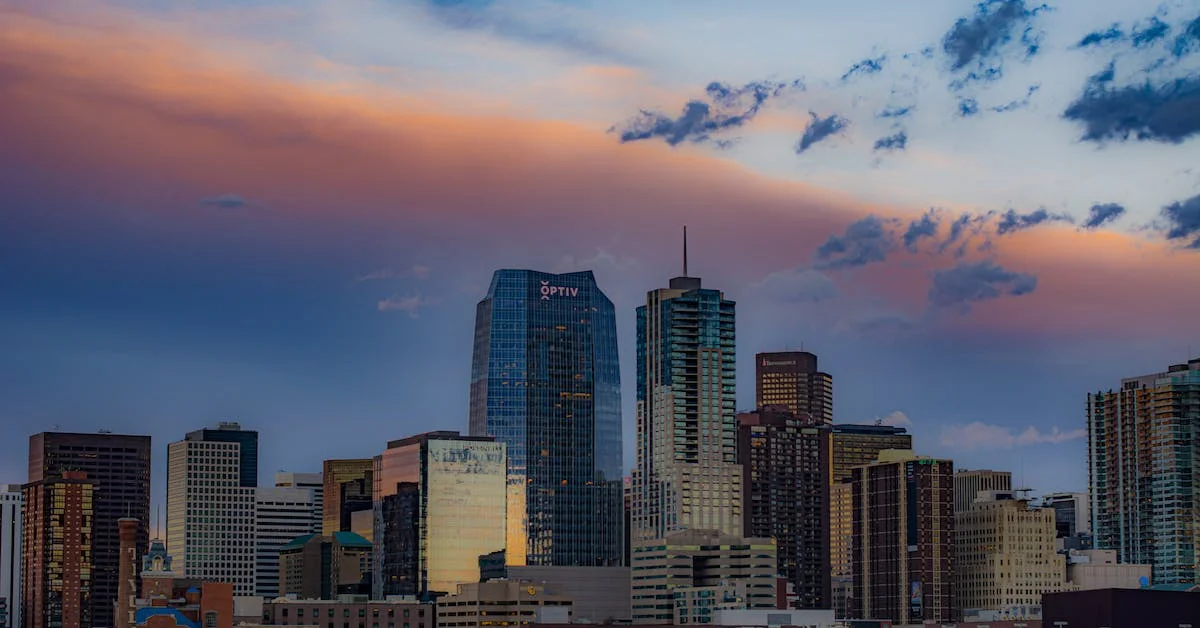
Best Months to Visit Denver
A. Spring (March – May)
Spring unveils Denver’s beauty with moderate weather and fewer crowds. Enjoy the Cherry Blossom Festival or witness the transformation of the city’s landscapes.
B. Summer (June – August)
Amidst bustling festivals and outdoor concerts, summer brings an unparalleled vibrancy. Despite the higher tourist numbers, the city’s exuberance is contagious.
C. Fall (September – November)
The pleasant weather and stunning fall foliage make this season irresistible. Explore outdoor activities and cultural events amidst the colorful canvas of autumn.
D. Winter (December – February)
Despite the cold, winter showcases Denver’s charm. Engage in holiday festivities, hit the slopes, or embrace the snowy wonderland.
Understanding the best time to visit Denver involves more than weather considerations; it’s also about navigating the city during its various tourist seasons and factoring in cost considerations. The next sections delve deeper into these aspects.
Factors Influencing the Best Time to Visit
A. Tourist Seasons and Peak Visitor Periods
Denver experiences varied tourist influxes throughout the year. Understanding these patterns allows for planning trips aligned with personal preferences, whether seeking a vibrant atmosphere or a quieter visit.
B. Cost Considerations: Flights and Accommodations
Flight and accommodation costs fluctuate across seasons. Budget-conscious travelers might find December more affordable, while July might be pricier but offers a plethora of events and activities.
C. Local Perspective: Insider Tips
Embracing Denver’s weather fluctuations and leveraging less crowded times optimizes the visit. Locals suggest diving into the city’s essence, like exploring neighborhoods or enjoying local cuisines.
Understanding these factors can significantly enhance the Denver experience, enabling travelers to tailor their visit according to their preferences and circumstances.
Conclusion
A. Summary of Optimal Times to Visit Denver
Recapping the best time to visit Denver based on season-specific experiences offers travelers a comprehensive overview. Each season presents unique charms, catering to diverse interests and preferences. For instance, spring and fall allure with moderate climates and fewer crowds, ideal for explorers seeking quieter experiences. Meanwhile, summer bustles with festivals and concerts, attracting enthusiasts of lively atmospheres. Winter, adorned with holiday festivities and snow sports, appeals to those embracing the enchantment of the season.
B. Closing Remarks
Denver, a city pulsating with diversity and year-round vibrancy, beckons travelers to explore its dynamic offerings. Whether reveling in the colors of fall foliage, basking in summer festivities, or enjoying winter’s snowy charm, Denver promises an unforgettable experience. This rich tapestry of attractions ensures there’s something for every visitor, urging them to delve into the city’s multifaceted cultural, outdoor, and culinary delights.
Read More: Discovering the Best time to go to cancun | Unforgettable experience
FAQs
Choosing the best time to visit Colorado depends on your preferences. Summer (June to August) offers warm weather and outdoor events, while fall (September to November) showcases stunning foliage. Winter (December to February) is ideal for skiing and winter sports, and spring (March to May) brings blooming flowers and milder temperatures.
The ideal duration for a Denver visit varies. To explore the city’s highlights, museums, and attractions, plan for at least three to four days. However, if you intend to venture into nearby outdoor destinations or enjoy specific events, consider extending your stay.
July is typically the hottest month in Denver, characterized by warm temperatures and occasional heatwaves. Visitors during this period can enjoy outdoor activities, festivals, and concerts, but should be prepared for higher temperatures.
May usually marks the highest rainfall in Denver, with occasional showers and thunderstorms. However, rain in Denver is generally sporadic and doesn’t often persist for extended periods.

